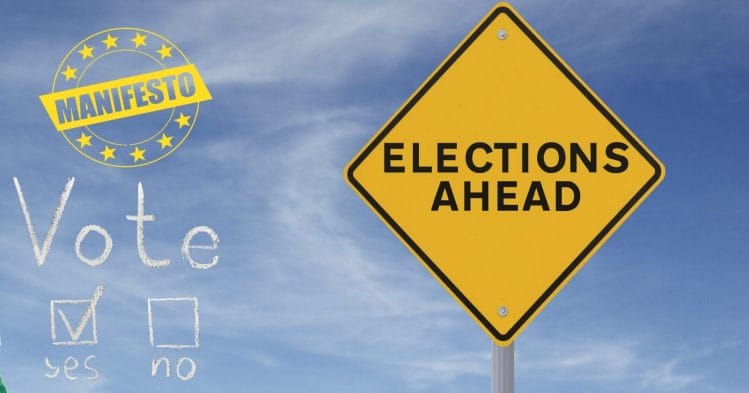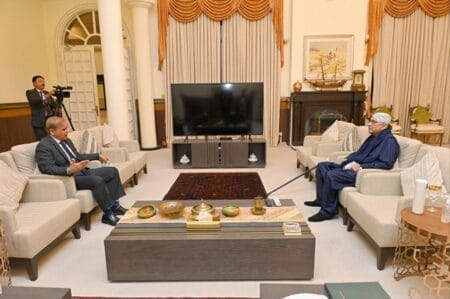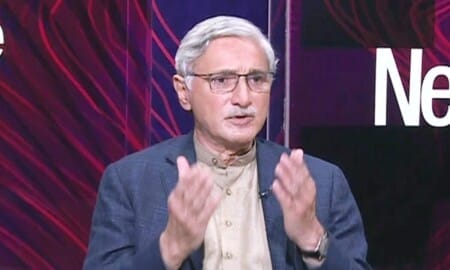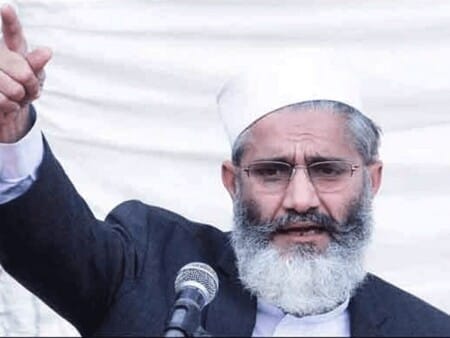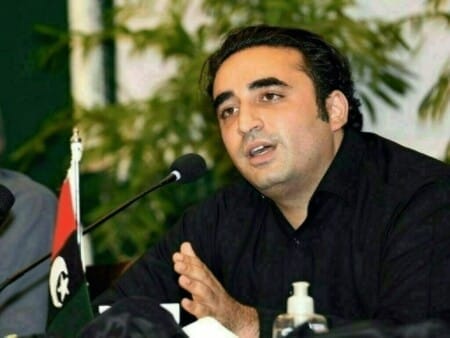As Pakistan gears up for elections, political parties are using their manifestos to present enticing promises and build compelling narratives.
Can manifestos translate into meaningful change for a nation on the brink? As Pakistan’s political parties canvas for votes with an array of promises, the electorate stands at a crossroads, weighing the potential of pledges against the stark reality of political experience. Campaign strategies and manifestos are not mere documents but visions cast into the future, outlining the roadmap for governance and setting expectations for the voter base.
At the heart of these pledges lies the Pakistan Peoples Party (PPP), whose 10-point manifesto beckons with promises of increased salaries and electricity subsidies. Their commitment to social welfare aims to reach the most vulnerable through expansions in education and healthcare. Yet, these noble aspirations must face the scrutiny of feasibility against the nation’s fiscal constraints.
While the Pakistan Muslim League-Nawaz (PML-N) delays its manifesto, it stakes its claim on economic revitalization and inflation control. Their campaign trail reflects an acute awareness of Pakistan’s economic distress and an attempt to reaffirm their reputation for competent fiscal management.
Jamat-e-Islami (JI) presents a comprehensive strategy with their 52-page manifesto, addressing long-term goals and immediate economic concerns. Their focus spans from renegotiating power contracts to fortifying defense while advocating for harmonious foreign relations.
Tehreek-e-Labbaik Pakistan (TLP) pivots from its traditional religious platform, promoting a wider socio-political appeal with a revised party flag and a 25-point manifesto. Their ambitions encompass defense upgradation, financial reforms, and local judicial enhancements, reflecting an evolution in their political narrative.
The Muttahida Qaumi Movement Pakistan (MQM-P) casts a wide net, targeting core areas such as healthcare, education, and urban development. Their bold vision of constructing new cities and boosting remittances aligns with environmental consciousness, setting a comprehensive agenda for national progress.
Interestingly, Pakistan Tehreek-e-Insaf (PTI) and Istehkam-e-Pakistan Party (IPP) echo the sentiment of empowerment and economic resurrection. While PTI battles political challenges, its campaign hints at a focus on institutional strength and foreign policy autonomy. IPP’s manifesto, on the other hand, is a testament to social elevation and a commitment to the ‘Naya Pakistan’ ideal.
Read: Armed Forces to Guard High-Risk Polling Sites in Upcoming Elections
However, the glaring reality remains: out of nearly 150 registered political parties, only a select few have stepped forward with detailed manifestos. This reluctance underlines a broader issue—the underestimation of a manifesto’s influence on electoral outcomes and voter persuasion.

Vision into Action: Elevating Pakistan’s Political Dialogue
As the electorate, it is paramount to demand precision and clarity from political entities. Manifestos should not be perceived as optional or redundant but as crucial instruments of democracy. The voter must challenge parties to present detailed, actionable plans that stand up to the rigors of economic and social feasibility.
We, at INDEPENDENT, advise voters to consider the balanced reporting of manifestos, critically evaluating the contextual background provided by each party’s history and their analytical depth. Scrutinize promises against evidence and sources, asking: How will these policies be funded? What are the future implications for the country?
Read: SBP Reserves Hits 6-Month High at $8.27bn
It’s essential to integrate quotes and scrutinize the legal framework surrounding each pledge. Is the party proposing proactive solutions to Pakistan’s challenges, or are they offering populist measures without concrete execution strategies?
A manifesto is more than a document—it’s a social contract. It is the essence of accountability, the blueprint of governance, and the touchstone of political integrity. As Pakistan navigates through its election season, the true power rests with the informed voter, who can discern rhetoric from reality and entrust their future to those who promise not just to dream but to do.
What’s your take on this? Let’s know about your thoughts in the comments below!





